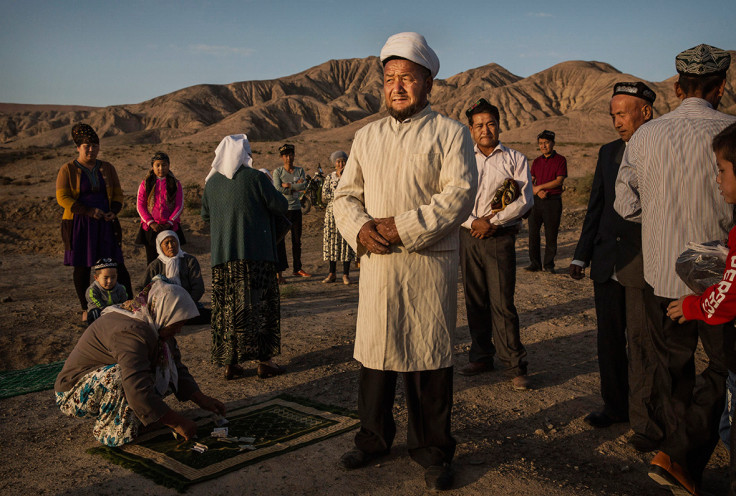China bans Uighur parents from forcing children into religion in Xinjiang
Parents who disregard rules banning inculcation of religious beliefs in children face imprisonment.

China has announced fresh restrictions on the culture and religion of its minority Uighur Muslims in Xinjiang province. Under new education rules, any parent or guardian encouraging or forcing their children into religious activities will be imprisoned, the Chinese government said on Wednesday (12 October).
Discord between the authorities and the indigenous Uighur community in China's far west has a long history. China has often been accused of trying to suppress the Uighurs, which the government has strongly denied.
Although China officially gives freedom of religion, it has banned children from taking part in any religious activity. In the last few years, authorities have cracked down on several underground Muslim religious schools or madrassas, in Xinjiang, according to a Reuters report.
The new rules will come into effect on 1 November from when parents or guardians cannot "organise, lure or force minors into attending religious activities".
Parents or guardians are not only banned from promoting extremist beliefs in children, but also from forcing them to dress in extremist clothing or other symbols. The ban includes any form of religious activity in schools.
"Any group or person has the right to stop these kinds of behaviours and report them to the public security authorities," the rules state.
China had earlier introduced rules banning beards for men and head coverings for women.
Under the rules, parents failing to keep their children away from harmful "extremist or terrorist ways" will have to send such children to special schools to "receive rectification".
Schools in the province have also been issued guidelines to wean students away from separatist and extremist tendencies and to create an environment that "esteems science, seeks the truth, refuses ignorance [and] opposes superstition".
The minority Uighurs have long complained of restrictions on their culture denying them equal economic opportunities in the region.
Hundreds of people are reported to have died in Xinjiang in recent years, which the government said was the result of unrest caused by Islamist militants and separatists. However, rights groups have argued the violence is more of a reaction to China's harsh policies.
The Uighurs consider themselves culturally and ethnically related to Turkey and mostly follow Islam and speak a language that is close to Turkish.
© Copyright IBTimes 2025. All rights reserved.





















